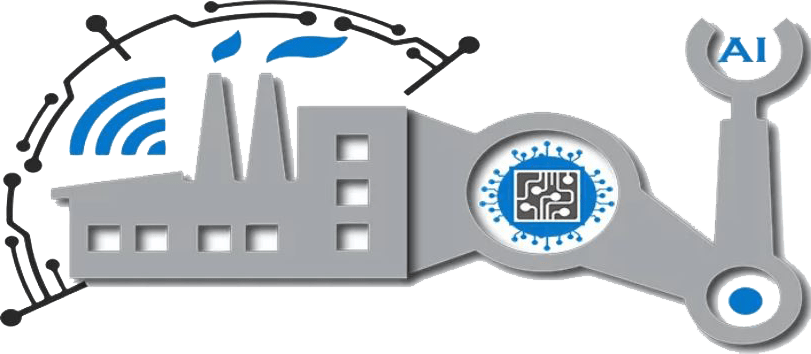Blockchain Revolutionizing Industry 5.0: Decentralized Innovation and Smart Manufacturing
Abstract:
The advent of Industry 5.0 marks a new era in manufacturing, emphasizing the seamless integration of digital technologies for intelligent, adaptive production systems. At the forefront of this transformation is the revolutionary blockchain technology, offering a decentralized framework that promises to reshape the industrial landscape. This paper explores the intersection of blockchain and Industry 5.0, examining the key applications, challenges, and the potential impact on the future of manufacturing.
1. Introduction:
Industry 5.0 represents a paradigm shift in manufacturing, characterized by the convergence of physical and digital technologies. Blockchain, initially synonymous with cryptocurrencies, has emerged as a disruptive force, introducing transparency, security, and decentralization to the industrial ecosystem.
2. Blockchain Applications in Industry 5.0:
a. Supply Chain Management: Blockchain’s transparent and tamper-resistant ledger is instrumental in optimizing supply chain processes. From traceability of raw materials to real-time monitoring of logistics, blockchain enhances visibility and efficiency.
b. Smart Contracts in Manufacturing: The use of smart contracts powered by blockchain streamlines agreements and transactions in the manufacturing process. Automated and trustless execution of contracts minimizes delays and reduces the risk of disputes.
c. Quality Control and Product Lifecycle Management: Blockchain ensures the integrity of product data throughout its lifecycle. Immutable records of manufacturing processes, maintenance, and quality control contribute to improved product quality and compliance.
3. Challenges and Considerations:
a. Integration Complexity: Incorporating blockchain into existing manufacturing systems poses challenges related to integration with legacy infrastructure. Overcoming this hurdle requires careful planning and investment.
b. Regulatory Compliance: The decentralized nature of blockchain introduces regulatory challenges. Navigating legal frameworks and ensuring compliance with industry standards are critical considerations.
4. Future Implications:
The amalgamation of blockchain and Industry 5.0 heralds a future where manufacturing processes are transparent, secure, and highly efficient. Decentralized decision-making and data integrity contribute to a resilient and adaptive industrial ecosystem.
5. Empowering Decentralized Manufacturing:
a. Distributed Manufacturing Networks: Blockchain facilitates the creation of decentralized manufacturing networks, where small-scale producers can collaborate seamlessly, reducing reliance on centralized production hubs.
b. Tokenization of Assets: The use of blockchain tokens represents a novel approach to asset management, enabling fractional ownership and facilitating new business models within the manufacturing industry.
Blockchain’s integration into Industry 5.0 signifies a transformative leap toward decentralized, efficient, and transparent manufacturing processes. As industries embrace this technological synergy, the potential for innovation and resilience in the face of dynamic challenges becomes a reality, shaping the future of industrial production.
